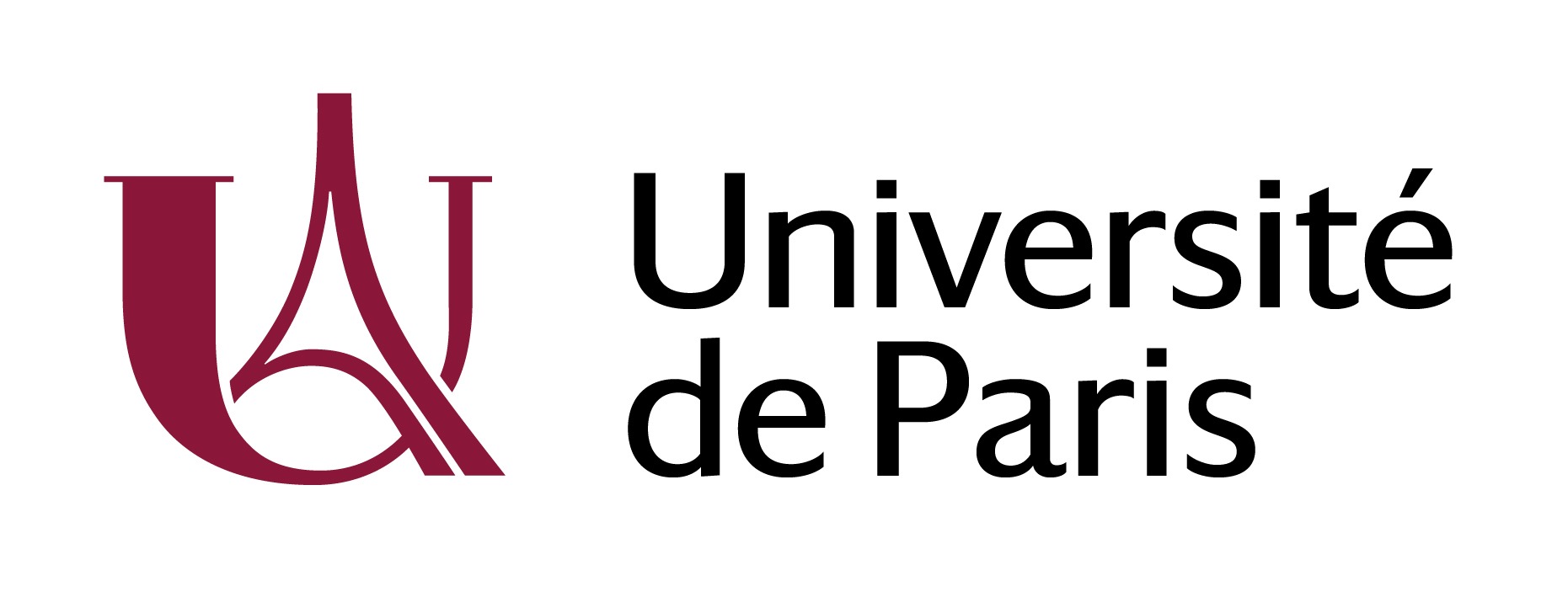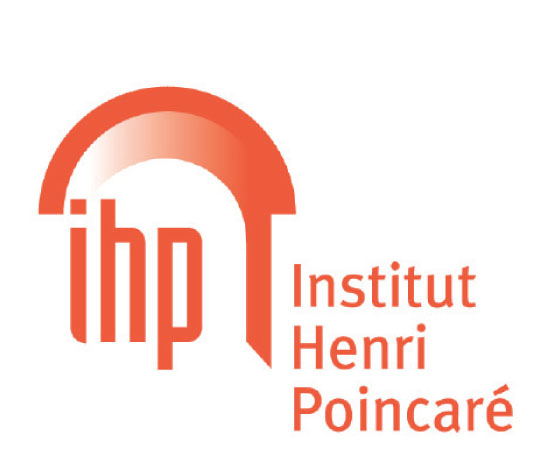


26-27 January 2021 Online
Schedule









|
INHOMOGENEOUS RANDOM SYSTEMS
26-27 January 2021 Online 

|




|
|
The aim of this annual workshop
is to bring together mathematicians and physicists working on disordered or
random systems, and to discuss recent developments on themes of common interest.
Each day is devoted to a specific topic.
Tuesday 26 January:
Structure and function of complex networks: epidemics and optimization.
Moderator:
Remco van der Hofstad (Eindhoven)
The study of complex networks has drawn enormous attention in the past two decades. Many developments were initiated by researchers with a statistical physics background. While this may come as a surprise, the fact that statistical physics deals with large numbers of interacting objects makes networks a highly appropriate playground for them. Spurred by empirical finding, the last decades have seen an emergence of models, and the following quest to determine the universality classes of them, as well as the functionality on them. By and large, complex networks are modelled as random graphs, while functionality is modelled by stochastic processes on them. This modelling paradigm leads the field naturally to study processes in disorder, again one of the main playgrounds of statistical physics. Due to the highly interdisciplinairy nature of network science, this has exposed large parts of the scientific world to such physics tools.
In this lecture day, the focus will lie on two recent developments in the field. The first involves the study of epidemics, now vitally relevant due to COVID-19, but already much longer the topic of fierce research. Relevant questions include how the spread of epidemics is related to the network structure, such as the inhomogeneity in the number of connections per network vertex, and the level of community structure in the network. Here, network scientists collaborate with epidemiologists. The second recent development involves the study of combinatorial optimization algorithms on networks, where statistical physics ideas involving message passing algorithms have been proposed to solve them. In recent years, the predictions by physicists in the field have been formalized by mathematicians, and the arising interplay that also involves computer scientists has been extremely fruitful.
Speakers: Nicolas Broutin (Paris), Amin Coja-Oghlan (Frankfort), Jean-Stéphane Dhersin (Paris), Christina Goldschmidt (Oxford), Laurent Massoulié (Paris), Pieter Trapman (Stockholm), Lenka Zdeborova (Lausanne)
Titles and abstracts
+ zoom recording + some pdf presentations
The past two decades have seen an upsurge of interest in active systems, whose microscopic constituents are able to dissipate energy to exert propelling forces on their environment. From crawling cells and swimming bacteria to self-propelled colloids and micro-robots, active systems are both ubiquitous in nature and commonly engineered in the lab. Their nonequilibrium natures grant them with properties unmatched in passive systems, from self-generated flows to low-Reynold spatiotemporal chaos. The theoretical description of active matter at the macroscopic scale is one of the most exciting challenges in modern nonequilibrium physics. From disordered active systems to biological ones, from low dimensional systems to high-dimensional limits, the IRS workshop will address recent advances in the field. It will be a unique opportunity to confront the efforts of Mathematicians and Physicists and identify the main research directions in which a corresponding interdisciplinary effort would be most fruitful.
Speakers: Vincent Calvez (Lyon), Mike Cates (Cambridge), Cécile Cottin-Bizonne (Lyon), Clément Erignoux (Lille), Martin Evans (Edinburgh), Liesbeth M. C. Janssen (Eindhoven), Yariv Kafri (Haifa)
Titles and abstracts + zoom recording of the morning sessions + some pdf presentations
|
|
or mail to Ellen Saada, Laboratoire MAP5,
Université de Paris, Campus Saint-Germain des Prés,
75270 Paris cedex 06.
Hotel reservations and other practical informations are available on request.
| François Dunlop | Giambattista Giacomin | Christian Maes | Ellen Saada |
| CY Cergy Paris Université | Université de Paris | KU Leuven | CNRS & Université de Paris |
| francois.dunlop@cyu.fr | giambattista.giacomin@u-paris.fr | christian.maes@kuleuven.be | ellen.saada@mi.parisdescartes.fr |
Program of previous sessions:
1994
- 1995
- 1996
- 1997
- 1998
(Moving fronts,
Griffiths singularities)
- 1999
2000 -
2001
- 2002 -
2003
- 2004
- 2005
- 2006
- 2007
- 2008
- 2009
- 2010
- 2011
- 2012
- 2013
- 2014
- 2015
- 2016
- 2017
- 2018
- 2019
- 2020